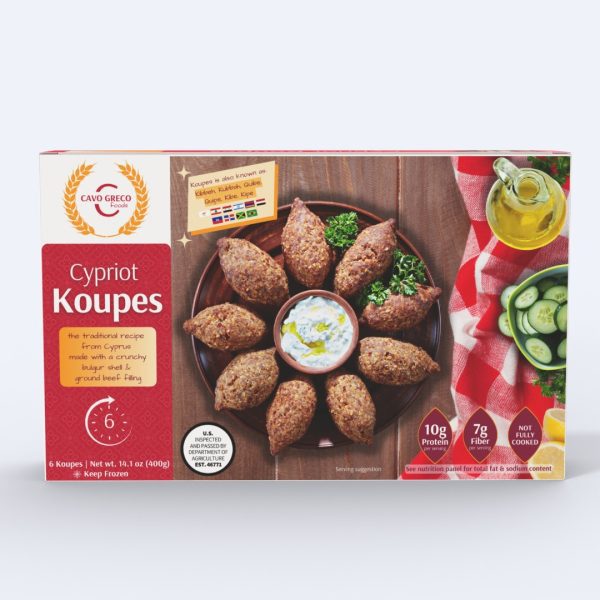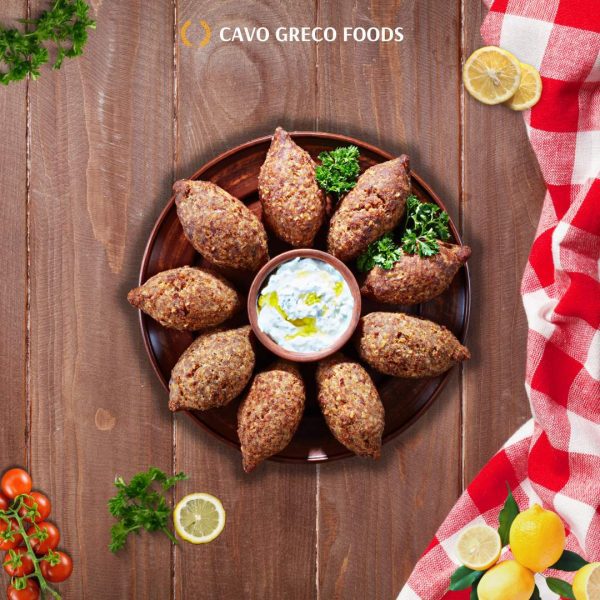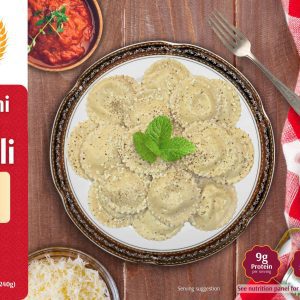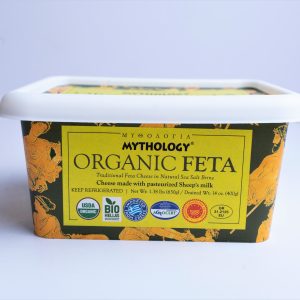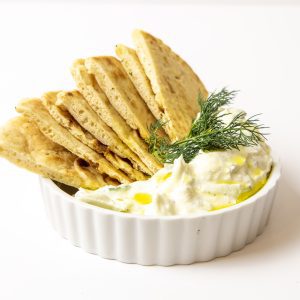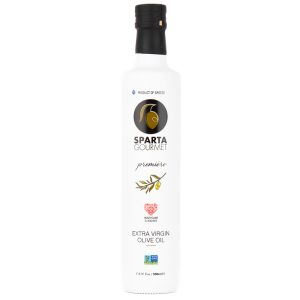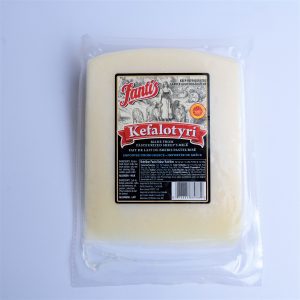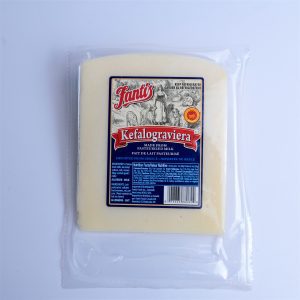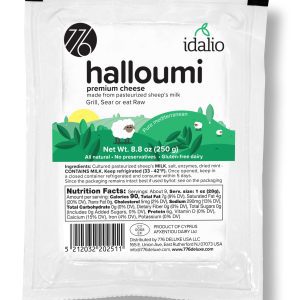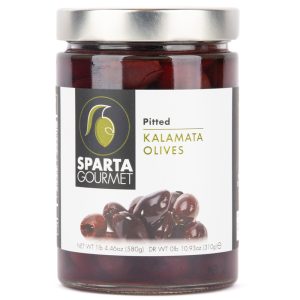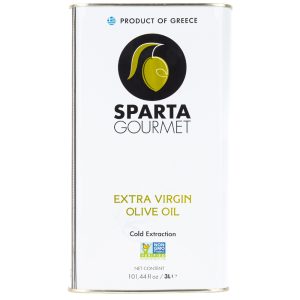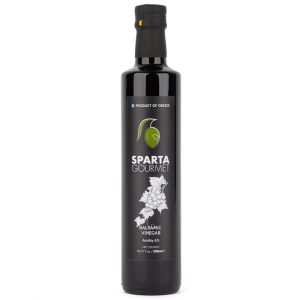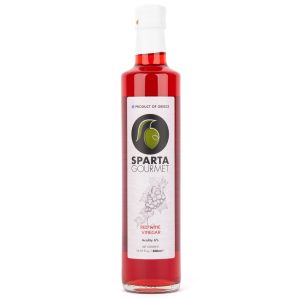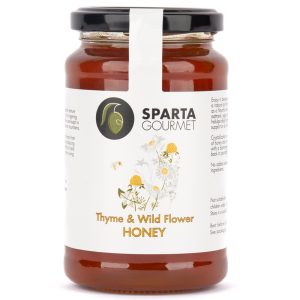What’s in a koupa?
Koupes or Kibbeh are traditionally made with spiced ground meat, onions, and grain though vegetarian and vegan variations also exist. They are rolled into a sphere or an oval, breaded and fried or grilled/baked.
There are several sub-types of these delicacies across different traditions, the most popular being the fried and baked, but you may also come across raw meat kibbeh and those stewed in sauces or soup.
About Cypriot Koupes
In Cyprus bulgur crusted, fried or oven baked ground beef koupes, as well as vegan mushroom koupes popular during lent, are a traditional local delicacy enjoyed as a snack and as part of a meze.
They are a popular street food as they handle well, making them a perfect choice for lunch on the go, with just some fresh lemon squeezed on top.
They are also an ideal cocktail or finger food that is commonly served at parties and events. You can enjoy koupes hot or cold, making them a great feature for a meze or catering platters alongside dips, yogurt, fresh veggie sticks, grilled veggies, cheese and olives.
If you haven’t tried them you should. Packed with wholesome, natural ingredients and flavors, Cypriot Koupes will change the way you snack.

Koupa or Kibbeh – an international affair
Koupes belong to a family of croquette-like delicacies popular in Middle Eastern & Mediterranean regions, and embraced by some South American countries and parts of North America. As a result, they are known by many names and koupa is just one of them. Name variations include: Kibbeh, Kubbah, Kubba, Quibe, Quipe, Kibe, Kipe.
However, the origin of all is from the Arabic verb kabbaba, simply meaning “to form into a ball.
Kibbeh are a national dish of Lebanon and Syria and traditional fixture in Cyprus (Koupa), Egypt, Israel, Palestine, Iraq, Iran, the Persian Gulf, Armenia, and Turkey. In the 19th century, these delicacies made their way into Latin American countries and parts of North America brought by immigrants from the Levant region.
We think there is no wrong or right way to pronounce or enjoy this delicacy. It was made for savoring. We are sure you’ll enjoy this traditional Cypriot recipe wherever you are from.
Bon Appetit !

